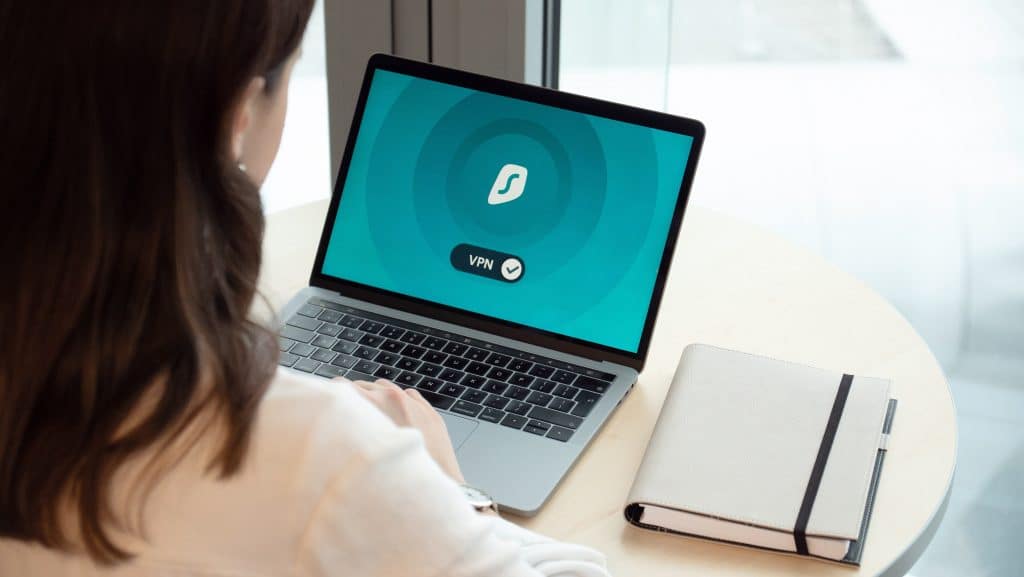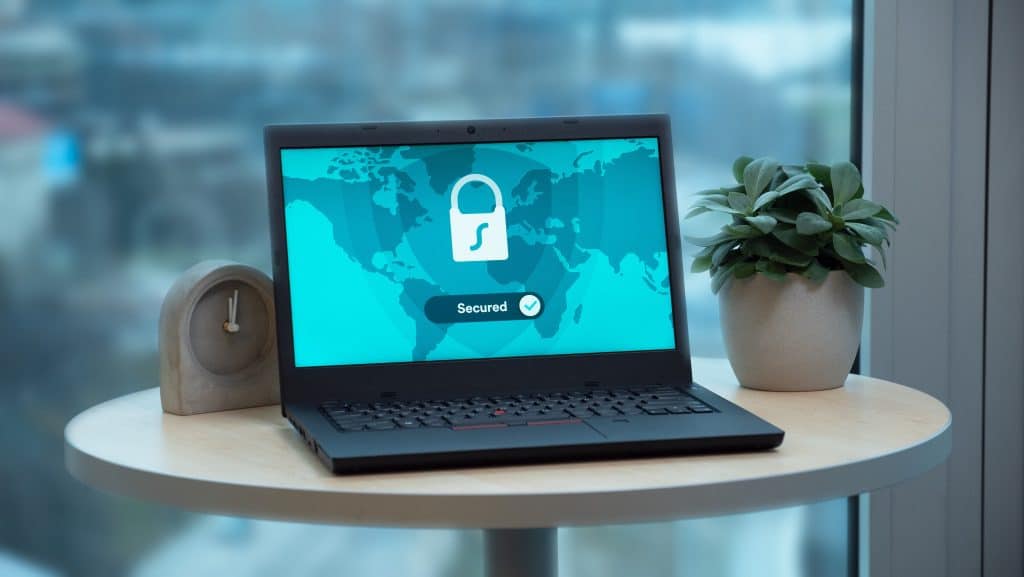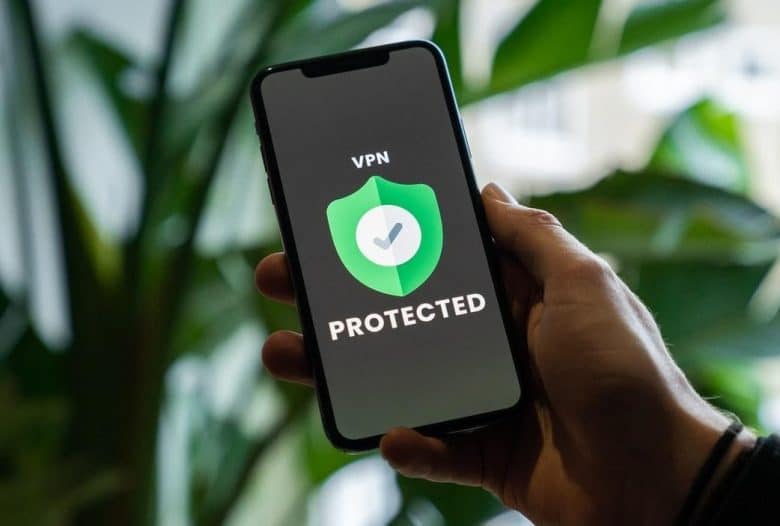While using a Virtual Private Network for protecting and securing your online privacy is quite popular and common, it is still misunderstood by many. Numerous misconceptions and confusion are surrounding this technology that still holds many people back from using it.
The misconception or myths have created a problem of global reach and acceptance towards the best premium VPN providers, but even the top-rated free VPNs in 2021 are experiencing the same sense of coldness from internet users.
This is surprising as currently, 4 out of 10 internet users use VPNs for their day-to-day tasks. Still, every day, we find ourselves surrounded by different myths regarding VPN that you definitely shouldn’t believe in 2021.
However, not everything you hear about a VPN is true. Therefore, we decided to do some myth-busting today. Here are some important VPN myths you shouldn’t believe in 2021.
Using a VPN requires you to be an IT professional

You might think that for operating a VPN, you’d need some advanced level IT training or education. Well, that is not the case.
While using a VPN does require some basic computer knowledge, there is no need for you to get a Masters’s degree in Computer Information Technology to use a VPN on your device.
Nowadays, VPNs are extremely easy to configure. You start off by purchasing their subscription, download and install their application from their website, and log in to the application using your VPN subscription credentials. These VPN applications are straightforward and easy to use, and anyone with basic computer knowledge can get familiar with them within minutes.
You don’t have to configure firewall or antivirus software for your VPN service either, making it one of the best and popular user-friendly services on the planet.
You only need a VPN for suspicious activities
One of the most popular misconceptions about people who use VPNs is that they are involved in suspicious activities. While a VPN allows you to circumvent different geographical restrictions placed on streaming services or websites, it has other beneficial purposes.
The principal objective of a VPN is to encrypt your internet activity, thus providing you complete anonymity and privacy over cyberspace. Millions of internet users also use them for purposes such as remotely accessing a server, securing their online transactions, and safeguarding their online privacy on public Wi-Fi networks.
VPN will slow down your internet connection
You probably have heard about VPN slowing down your internet connection because all your internet traffic is routed through a server located far away from your actual location.
However, it is not valid. When you are using a VPN, your internet connection speed will slow down due to the encryption protocols and techniques applied to your internet traffic. Still, if you are using one of the best VPNs in the industry, you’d barely notice the difference.
The overall connection speed is dependent on multiple factors, including your actual network speed, network conditions, the protocol you are using, and the distance between your exact location and the VPN server.
Therefore, you must select a VPN provider that maintains a vast network of the server to easily connect to the multiple closest servers to your actual location for better results.
Free VPNs are good enough

While the thought of using a free VPN is very intriguing, always remember that you’d be compromising your online privacy and data against enjoying these services at no cost.
Free VPNs offer a limited number of server locations and usually place bandwidth limits on their account. These restrictions will barely let you enjoy the service and decide if it is worth keeping.
From a security perspective, they hardly ever invest in the latest security and encryption tools, so your online privacy and data will always be at risk and at the mercy of hackers.
You don’t need a VPN for Mobile
Many people believe that they don’t need the services of a VPN as their internet service provider will keep them secure from online threats and offer complete privacy.
While they are not wrong, they are also not correct. Internet service providers are obliged by the law to offer security and privacy through their telecom infrastructure. Many other things are pretty accessible to them as well.
Your internet service provider can see when you log on and log off what websites you have been visiting and how much time you spend on those websites. This information can be shared with different third party organizations to make a profit.
Using a VPN, you can continue to use their secure telecom infrastructure and keep them from your personal and private data.
VPN providers keep logs that destroy privacy
Over time we have heard several stories about VPN providers sharing user logs with local authorities for arresting many high-profile criminal targets. Many VPN providers continuously advertise that they do not keep any user connection logs.
The truth is that VPN providers have to keep some sort of logs, only to make the user’s VPN experience better. However, the level of the logs and the duration for which they are being stored should be informed by the provider.
We recommend subscribing to a VPN provider that stores minimum logs for privacy-conscious users and keeps them for a brief period. For further information regarding this topic, we suggest you check out what sort of connection logs a VPN keeps?
In general, VPNs are a handy tool for some purposes, but you shouldn’t believe every myth about them, especially in 2021. While it is essential for bypassing geolocation restrictions and protecting your online privacy, it is still not a single solution for every purpose. Do check out these other nine essentials tools for your online security and privacy in 2021.














Leave a Reply